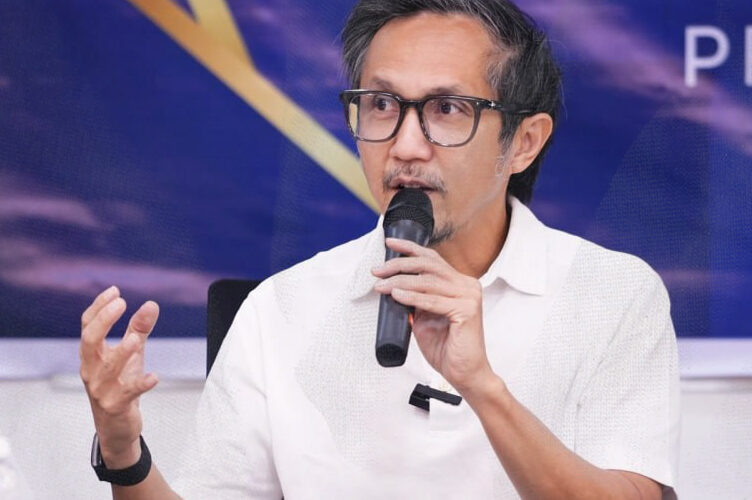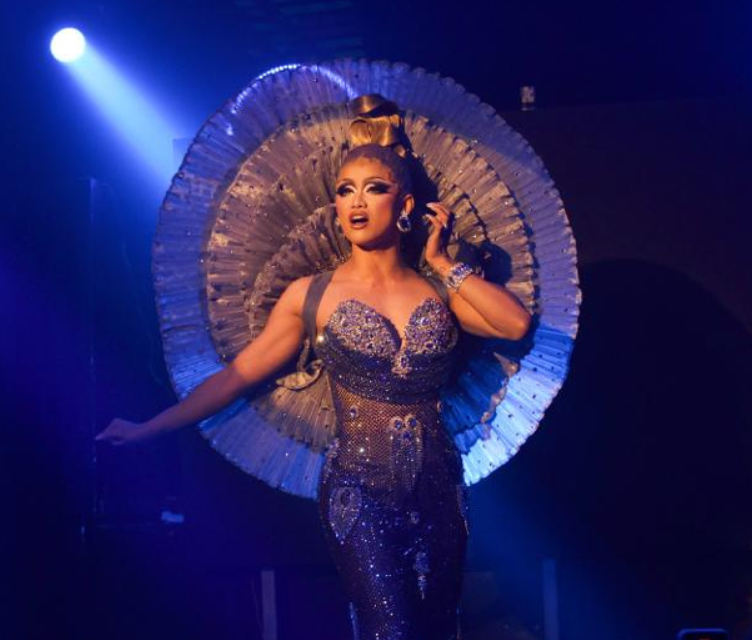EVERY election in the Philippines feels like one big final exam.
The ballots are our answer sheets, the candidates our multiple-choice questions, and the issues we face— poverty, corruption, inequality— are the long-essay questions we’ve been trying to answer for decades.
Every three or six years, we’re tested again: Have we learned anything? Have we changed? Are we getting any better at this?
With fate’s irony, most of us take this “exam” inside public schools— makeshift voting precincts where the chipped paint, broken ceiling fans, and outdated classrooms serve as quiet reminders of what still needs fixing.
Before we even cast our votes, we’re already confronted by the very problems our elected officials are meant to solve. It’s in these spaces—lined with worn-out armchairs and faded campaign posters—that democracy is performed and judged.
This year’s midterm elections were no exception. But this time, the results suggest that Filipinos may be taking the test a little more seriously.
There’s still much to be desired—political dynasties remain entrenched, and for many, politics continues to be treated as a business opportunity rather than a vehicle for public service and meaningful change.
Yet the subtle shifts in voting behavior offer a quiet assurance: it’s not too late to hope. Change may be slow, but it’s not impossible.
Here’s what the most recent midterm elections tell us about the state of the nation—and the evolving mindset of the Filipino voter.
1. The voters’ demographics are changing
The electorate is getting younger, with Millennials and Gen Z comprising 60 percent of voters in the 2025 elections. And their numbers are only expected to grow, as more from these generations come of age and become eligible to vote.
This is important to note because it might mean a change in priorities, particularly with whom these generations would likely align themselves.
While in the past, we saw a personality-based approach dominate the political arena—where name recall, showbiz clout, or family legacy were often enough—today’s younger voters are beginning to lean toward a leadership-based approach.
They’re increasingly looking for candidates who are grounded in clear platforms, track records, and tangible solutions to real-world problems. For them, charisma is no longer enough. Competence and credibility matter more.
For example, Bam Aquino—who wasn’t even ranking in pre-election surveys—secured the second highest spot in the Senate race, largely due to the younger generation’s recognition of his authorship and advocacy for the Free Tuition Law, which has benefited countless students in state universities across the country.
Meanwhile, Bong Go’s rise to the top spot was largely credited to his perceived association with the Malasakit Centers—government-run one-stop shops aimed at making medical assistance more accessible, especially for indigent patients.
While the extent of his personal involvement in the program remains up for debate, the public perception of his connection to these healthcare efforts significantly boosted his appeal.
This, alongside Bam Aquino’s recognition for the Free Tuition Law, highlights how accessible healthcare and education have emerged as key priorities for many voters, particularly among the younger generation.
But while it’s true that the youth are expected to take charge of the future, it is also unfair to put all the burden on them to fix a system they didn’t break.
The political challenges the country faces are deeply rooted and complex, shaped by decades of entrenched interests and power dynamics. Real, lasting reform requires collective effort—engagement from all generations, sectors, and communities.
2. People are tired of celebrity culture and political dynasties
For decades, celebrity status has been a near-guaranteed shortcut to public office—especially if you’re an action star. The hegemonic masculinity portrayed in these films resonates strongly with a society shaped by patriarchal values and ideals.
But this midterm election revealed signs of growing fatigue with that tradition. Voters are becoming more discerning, demanding substance, accountability, and real qualifications before handing someone a seat in the Senate.
As a result, many celebrities saw significant losses, whether in national or local races—marking a possible shift away from personality-driven politics toward a more critical and issue-focused electorate.
The same goes for political dynasties, long criticized for monopolizing power. While some dynastic candidates still won, there was a noticeable resistance against handing over votes purely based on family name. The growing frustration is evident: people are beginning to question why public office is treated like an inheritance rather than a public trust.
This doesn’t mean the era of celebrity and dynasty is over—but cracks are forming in what was once a solid foundation of power.
3. Social Media is the new political arena
The political arena is no longer just the barangay hall or the rally stage—it’s in our feeds, comments sections, and trending hashtags. Campaigning has become digital-first, and while this brings accessibility, it also brings danger.
We are all witnesses in how social media became a battleground for political narratives, with influencers and vloggers playing a significant role in shaping public perception.
Some of them, however, blur the lines between content creation and propagandas— intentionally or unintentionally spreading misinformation.
While younger generations, particularly Gen Z, are more adept at navigating digital platforms and are often considered digital natives, it’s important to note that the Philippines experienced a staggering 4,500% increase in deepfake cases between 2022 and 2023—the highest growth rate in the Asia-Pacific region.
This surge underscores the growing sophistication of digital manipulation techniques.
In this case, digital literacy becomes paramount. Even the most digitally savvy, including Gen Z, must avoid complacency and continuously sharpen their critical thinking skills.
They need to learn how to approach political content with skepticism and rigor—questioning sources, verifying facts, and resisting the emotional pull of viral but misleading information.
4. Small wins still matter
While a sweeping change is still out of reach, the small victories of the midterm elections shouldn’t be dismissed. New faces with grassroots backgrounds gained traction. Independent candidates—many of whom lacked traditional backing or vast political machinery—garnered unexpected support.
And perhaps most importantly, voters who once stayed silent became volunteers, fact-checkers, and organizers.
These shifts may not instantly transform institutions or eradicate corruption, but they signal a collective awakening—a renewed exercise of the sociological imagination, where people begin to see their personal struggles as connected to larger social and political systems. It signals a yearning to envision an alternative future, one far better than the cycle we’ve long been presented with.
And maybe this is the biggest lesson we must take from the midterm election— how the Filipinos are learning to dream again.
But it shouldn’t be credited to mere idealism, but informed hope. We realized that our dream must take root from reality but we must refuse to be defined by this current state alone. We must acknowledge our capability to be agents of change— not only because it’s possible, but because it is necessary.
And it begins by daring to imagine a future that looks nothing like the past.
How useful was this post?
Click on a star to rate it!
Average rating 0 / 5. Vote count: 0
No votes so far! Be the first to rate this post.
We are sorry that this post was not useful for you!
Let us improve this post!
Tell us how we can improve this post?








